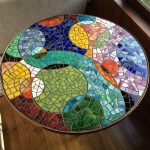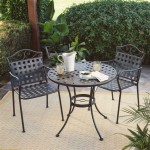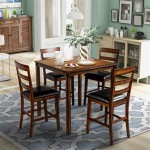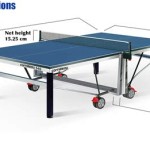Best Containers for Planting Vegetables
Vegetable gardening in containers is an excellent option for those with limited space or who prefer the convenience of portable gardening. Choosing the right containers is essential for a successful harvest. Here are some key factors to consider when selecting the best containers for planting vegetables:
Material
Containers for vegetable gardening come in a variety of materials, each with its pros and cons:
- Terracotta: Terracotta pots are porous, allowing air and water to circulate. However, they are heavy and can dry out quickly.
- Plastic: Plastic containers are lightweight, durable, and inexpensive. They insulate soil well but can overheat in direct sunlight.
- Wood: Wooden containers add a rustic charm to the garden. They provide good insulation but require regular maintenance to prevent rot.
- Fabric: Fabric pots are lightweight and breathable, allowing for better root development. They are also easy to store when not in use.
- Metal: Metal containers are sturdy and durable. However, they can rust if not properly treated.
Size
The size of the container you choose should be appropriate for the type of vegetable you plan to grow. Smaller containers are suitable for herbs and leafy greens, while larger containers are necessary for tomatoes, peppers, and other fruiting vegetables. Generally, a container should be at least 12 inches deep and have a diameter of at least 12-18 inches.
Drainage
Good drainage is essential for healthy vegetable growth. Make sure the containers you choose have drainage holes in the bottom to allow excess water to escape. Soil that is too wet can lead to root rot and other problems.
Shape
Containers come in a variety of shapes, including round, square, and rectangular. The shape you choose is largely a matter of personal preference. However, consider the available space you have for your containers and how they will fit together.
Additional Features
Some containers come with additional features that can enhance vegetable gardening. These features may include:
- Casters: Casters on containers make it easy to move them around, which can be helpful for getting maximum sunlight or moving them out of the way when necessary.
- Trellises: Trellises provide support for vining plants such as tomatoes and beans, allowing them to grow vertically.
- Self-watering systems: Self-watering systems can be added to containers to ensure that plants receive the right amount of water without the need for frequent attention.

20 Best Vegetables For Container Gardening Growing In The Garden

The Best 11 Vegetables To Grow In Pots And Containers Gardener S Path

Quickstart Guide To Container Vegetable Gardening Lovely Greens

Choosing The Best Containers For Growing Vegetables

35 Creative Container Vegetable Garden Ideas A Piece Of Rainbow

Container Vegetable Gardening Designing Your Garden Know How

Vegetable Container Gardens For Beginners The Old Farmer S Almanac

Container Vegetable Gardening For Beginners Attainable Sustainable
Vegetables In Containers Rhs Gardening

Dammann S Garden Company Save Space With Container Vegetable Gardening








